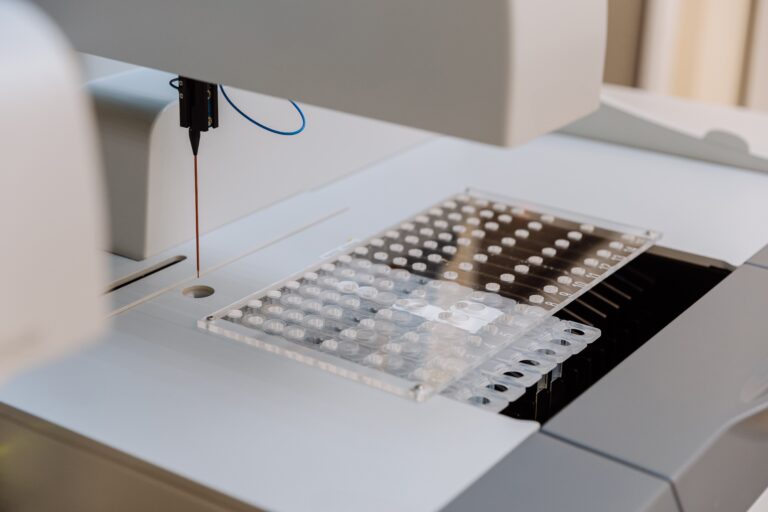Platomics announces new collaborations Read the Press Releases

Ireland moves to support labs with IVDR
Ireland has taken a rather vigorous approach to IVDR and is finding
ways to get labs active, too.
The most recent sign of this: The Irish Health Products Regulatory Authority, or HPRA, published a draft guide for Irish health institutions that develop and use in-house-devices and are now soliciting their feedback on the initiative.
This makes Ireland one of the first countries to directly address labs to clarify national peculiarities alongside IVDR requirements. Given that many labs across the EU are still in the dark about the full set of requirements and how to fulfil them, this effort at transparency and stakeholder involvement stands out.
From the start of full IVDR implementation on May 26, 2022, Ireland—like most other countries—took immediate steps to motivate labs and manufacturers to act. One day later they passed national regulations outlining the role of HPRA and detailing how offenses will be handled.
Soon after they sent a clear message by requiring manufacturers, distributors and labs to actively come forward and register their IVD devices with the national authority.
The newly published HPRA guide aims to go beyond making demands and instead support health institutions and clinical labs in implementing the combined requirements of IVDR plus Ireland’s own specifications.
Key contents include:
- Glossary and definitions: Key terms are defined—starting with in vitro diagnostic medical device and health institution—based on IVDR and MDCG 2023-1 definitions in order to establish a common ground.
- Scope and introduction: The guide introduces the IVDR and outlines its scope, emphasizing the requirements for labs in Article 5(5).
- Requirements for in-house IVDs: Article 5(5) requirements are detailed, including the General Safety and Performance Requirements plus those for declaration and documentation and lab quality management systems.
- Notification and reporting: This section details Ireland’s strict surveillance of IVDs. All labs with IH-IVDs must notify the HPRA about their activities. All incidents must be recorded, and all serious incidents reported to HPRA.
- Differentiating requirements: The guide distinguishes between organizational and IVD-specific requirements, providing clarity on which requirements apply at an organizational level (e.g., QMS aspects) and which are specific to individual IVDs (e.g., performance).
- In-house IVD frameworks: In addition to the stand-alone case of an IH-IVD for a very specific purpose, the draft also proposed a strategy for labs that have several IVDs that share parts of a workflow. This method of documenting workflow steps in a modular way is helpful in particular for labs that perform NGS.
- General Safety and Performance Requirements checklist: The guide also provides a rather abbreviated checklist to assist labs in complying with the General Safety and Performance Requirements as per IVDR Annex I.
Irish labs may respond to the HPRA by January 26, 2024 using this response template.
Disclaimer: We have compiled the above information to the best of our knowledge, yet our blog entries do not constitute expert advice and cannot substitute your own examination of the legal situation applicable to you and your organization.



